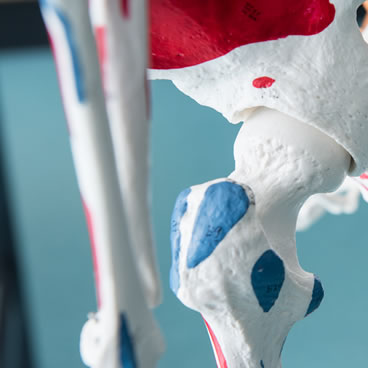Patients with a hard-to-treat type of cancer are being given new hope in a new clinical trial lead by the University.
Researchers at Southampton and the University of Leicester are trialing a drug that could boost the body’s immune system to fight off mesothelioma, which can be caused by asbestos.
The trial will be one of many to be conducted at the University of Southampton’s Centre for Cancer Immunology, which will be the UK’s first and only centre dedicated to cancer immunology research.
Mesothelioma rates are rising. Since the late 1970s, mesothelioma incidence rates have increased almost six-fold (497 per cent increase) in the UK. There were around 2,700 new cases of mesothelioma in the UK in 2013 – more than seven cases diagnosed every day. Current treatment methods include chemotherapy, radiotherapy or surgery and are mainly aimed at keeping the cancer under control. The phase III randomised controlled trial, which is funded by Cancer Research UK and supported by Bristol Myers Squibb, will test whether nivolumab, a drug already used to successfully treat advanced melanoma and advanced kidney cancer, can be used to target mesothelioma. It works by finding and blocking a protein called PD-1 on the surface of certain immune cells called T-cells. Blocking PD-1 activates the T-cells to find and kill cancer cells.
Professor Gareth Griffiths, the study’s co-Chief Investigator from the Southampton Clinical Trials Unit said:
The UK has one of the world’s highest incidences of mesothelioma and currently there aren’t many ways to treat it. Boosting the immune system by releasing killer T-cells that have previously been blocked could offer us a new way to treat more patients with this devastating disease.
Find out more about the Centre for Cancer Immunology and how you are the cure for cancer on our website. southampton.ac.uk/youreit



